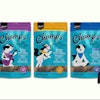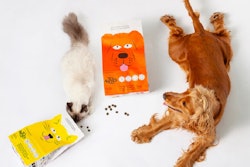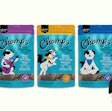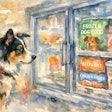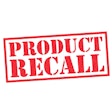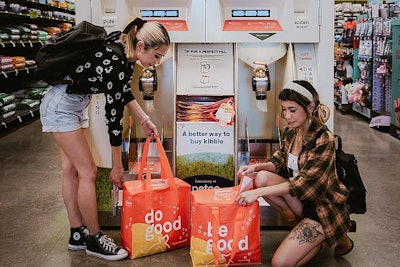
Late last month, Canidae rolled out dog food refill stations at pilot Petco retail outlets in Southern California. As the company planned expansion to 100 Petco locations, Canidae’s engineers faced the challenge of keeping pet food fresh in bin systems similar to those used for coffee, jellybeans or other bulk consumables. However, to stay highly palatable, kibble needs special technology those human foods don’t.
“We have created a patent-pending design and utility system that keeps our pet food sealed from our manufacturing plant directly to the machine,” Bret Furio, CEO at Canidae, told Petfood Industry. “It is not dumped into the bin. It is actually kept in the bag that it was filled in the plant and then dispenses directly from our factory bag. The freshness is the exact same shelf life as our normal dog food bags due to the system that we designed.”
Ecological benefits of pet food bulk refill stations
By reducing the amount of packaging used to transport and distribute kibble, a pet food bag refill system reduces packaging waste and fuel use. To get their dog food home, pet owners use a resealable bag. Pet owners wipe the bags down between uses, but the packages are food-safe and reusable. During the filling process, the bins keep the dog food from exposure to the outside environment.
“The product remains contained inside the kibble refill station with only a small amount that transfers into the dispenser itself at any given time,” Furio said. “The intial bag being opened is not a concern as pet food bags are not air-tight even on shelf. They are designed with small perforations to allow for constant airflow.”
While reducing resource use and pollution, the kibble refill system ultimately lowers costs for everyone involved after the initial investment in equipment.
“For far too long, consumers have had to pay a premium for environmentally-friendly or sustainable products, since they generally involve new or more labor-intensive practices,” Furio said. “But as a business owner, if you’re willing to make the investment and trust the consumer to meet you halfway, there’s a way to split the difference and achieve that all-elusive win/win.”
He expects pet owners to save up to 45% per pound on their kibble purchases. Pet food makers reduce single-use plastic and specific resin dependency. By not having to purchase those materials, pet food makers can avoid supply chain bottlenecks by simply needing less.
While the pet food company is just starting out on their pilot project, Canidae Kibble Refill Stations are patent-pending, so the company is very open to working with other brands to help them do better for our planet, Furio said.
“At Canidae, we've set a goal for ourselves to eliminate more than 80% of our plastic packaging in the next 8 years, in hopes that the rest of the industry follows suit,” Furio said.


